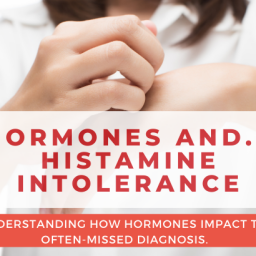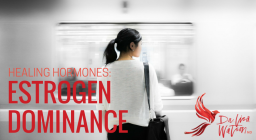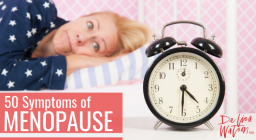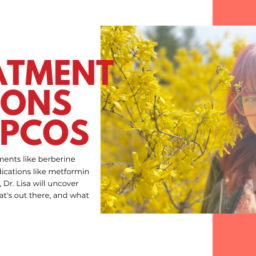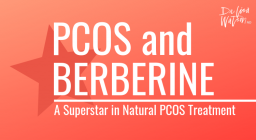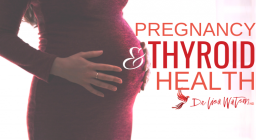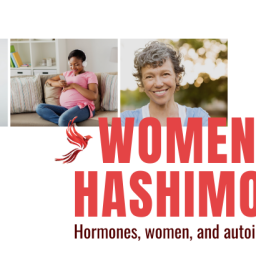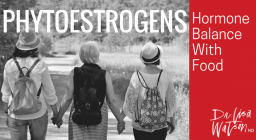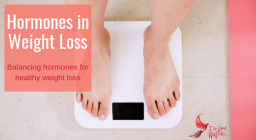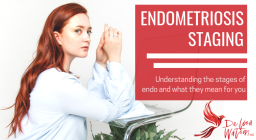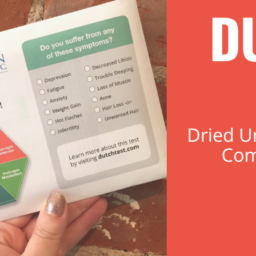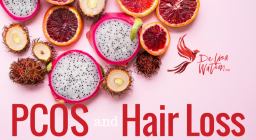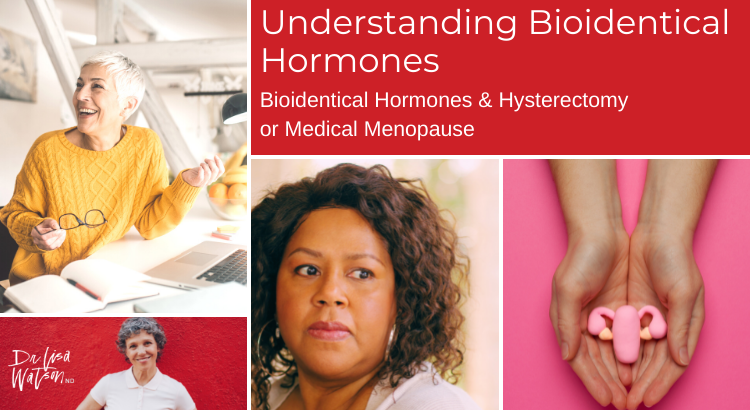
Hysterectomies are the second most common surgery in women (after Caesarean sections). Most often recommended for women who have uterine fibroids, after a woman has a hysterectomy she may be in for a wild ride as far as her hormone balance goes.
Welcome to Medical Menopause
If a woman’s ovaries are removed during a hysterectomy she will immediately go into menopause, a state known as ‘medical menopause’. Even if the ovaries are not removed, many women begin to have symptoms of menopause immediately after a hysterectomy and more will follow within the first year.
When the uterus is removed, the ovaries lose an important blood supply from the uterine artery, and their production of hormones can drop off significantly. 
For women with medical menopause the symptoms can be quite alarming. Speaking on the topic of medical menopause, Dr. Randy Randolph MD said
“because there is no opportunity for gradual adjustment to the hormonal drop-off, the symptoms of artificial menopause can be sudden, severe, and debilitating, requiring an immediate intervention of supplemental hormone therapy.”
Long Term Health After Hysterectomy
After hysterectomy the symptoms of menopause can come on fast and furious. Like a rollercoaster no one wanted to get on, and no one knows how to get off, this can significantly impact your quality of life. In particular, hot flashes, night sweats, sleep disturbances, mood instability and vaginal changes commonly occur for women after hysterectomy.
We also need to consider the long-term consequences of a woman going into menopause before the average age of menopause. Women with early menopause due to hysterectomy, medications or primary ovarian insufficiency are at increased risk of heart disease, overall mortality, neurological diseases, psychiatric diseases, osteoporosis and fractures. And the risk is higher with an earlier age of menopause. With 1 in 10 women having a hysterectomy between 40-44 years of age, this is a large number of women with increased risk factors for ill health in their later years.
Hormone Replacement Therapy After Hysterectomy
For women with medical menopause, who are younger than the average age of menopause (52 years), many experts suggest that the benefits of hormone replacement therapy may outweigh the risks.
Estrogen therapy alone, without progesterone, is often recommended for symptoms of hot flashes, night sweats and vaginal changes. Some experts also recommend using bioidentical progesterone to support mood, stress tolerance, and libido.
As these women are no longer experiencing menstrual cycles, many will use the hormones continuously throughout the month. For women who still have some experience of hormone fluctuations (those women who still have their ovaries), the use of hormones in a more cyclical fashion is also appropriate.
To prevent the long term impact of medical menopause, women are counselled to continue hormone replacement therapy until the average age of menopause, and beyond if needed for symptom management.
Next Steps
Hormone replacement therapy, including bioidentical hormone therapy, most certainly is not for everyone. I take prescribing bioidentical hormones very seriously. If you want to know if you are a candidate for bioidentical therapy, check out this article. And if you are in Ontario and want to work together, don’t hesitate to reach out. I’d love to talk.
Disclaimer
The advice provided in this article is for informational purposes only. It is meant to augment and not replace consultation with a licensed health care provider. Consultation with a Naturopathic Doctor or other primary care provider is recommended for anyone suffering from a health problem.


